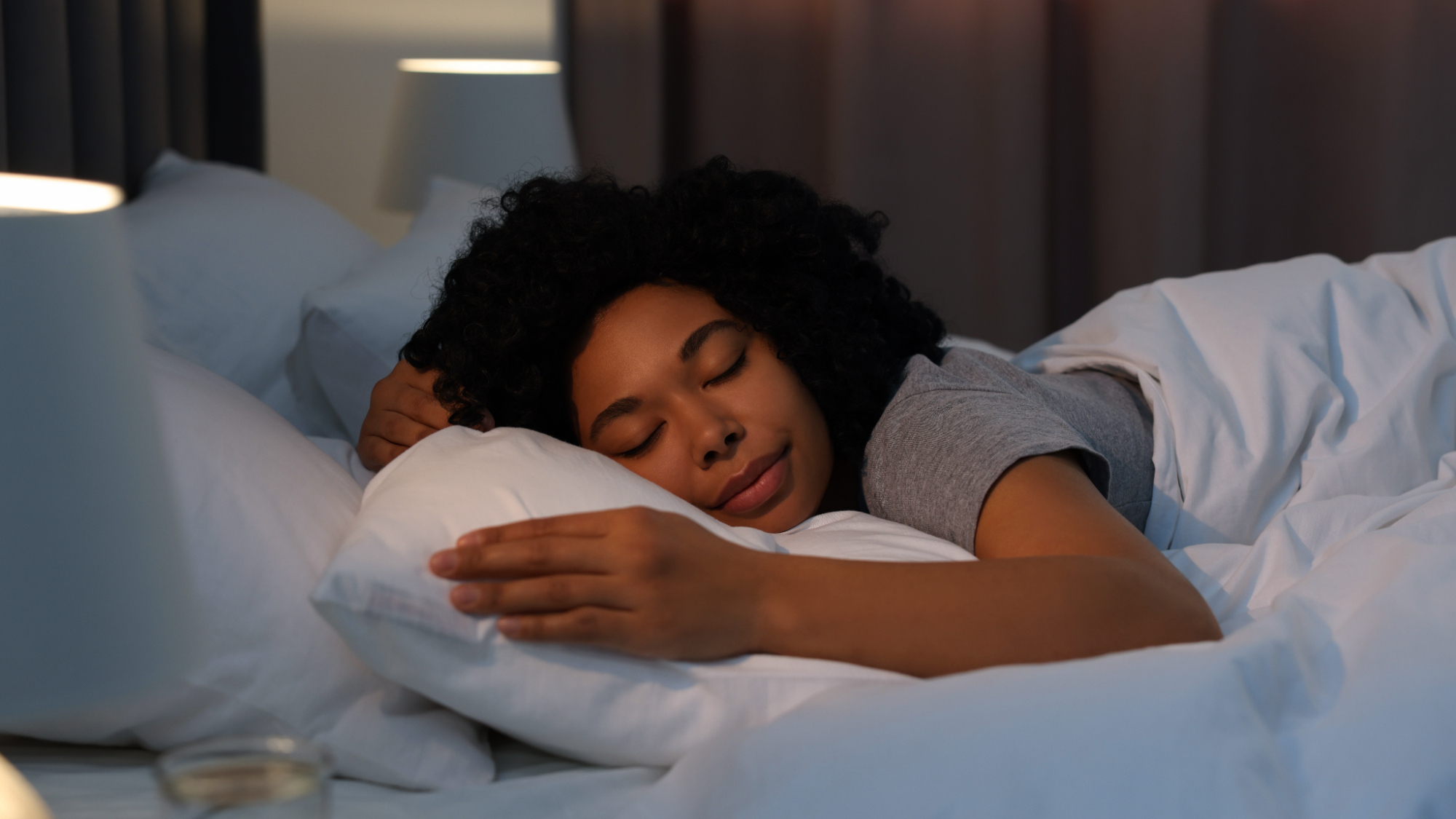Spring Forward, Simplify Your Sleep: Expert Tips For The Next Time Zone Change
As the clocks spring forward and we lose an hour of sleep, many of us dread the bi-annual time change that comes with it. However, with some preparation and expert tips, you can minimize the disruption to your daily routine and wake up feeling refreshed and rejuvenated. Whether you're a frequent traveler, a seasonal worker, or simply someone who enjoys a good night's sleep, understanding the effects of daylight saving time (DST) and taking proactive steps can make all the difference.
The time change can affect not only our sleep patterns but also our overall health and well-being. Studies have shown that the loss of sleep can lead to increased risk of heart attacks, strokes, and depression, while the sudden change in sleep schedule can also affect our cognitive function, mood, and appetite. However, with some simple adjustments and tips, you can mitigate the negative effects of DST and maintain your quality of life.
Understanding the Science Behind DST
Before we dive into the tips, it's essential to understand the science behind daylight saving time. In 1966, the US passed the Uniform Time Act, which standardized the time change across the country. The law requires clocks to spring forward by one hour on the last Sunday in March and fall back by one hour on the last Sunday in November. The idea behind DST is to make better use of natural daylight during the summer months, thereby reducing energy consumption and promoting outdoor activities.
However, the effects of DST on our health and sleep patterns are still debated among scientists. Some argue that the time change can have long-term consequences, such as disrupting our natural circadian rhythms and affecting our health in the long run. Others claim that the benefits of DST, such as increased energy savings and reduced crime rates, outweigh the negative effects.
Preparing for the Time Change
So, how can you prepare for the time change and simplify your sleep? Here are some expert tips to get you started:
- Start adjusting your sleep schedule a few days before the time change
- Establish a consistent sleep schedule and bedtime routine
- Create a sleep-conducive environment, such as keeping your bedroom cool, dark, and quiet
- Avoid screens and electronic devices before bedtime
- Get some morning sunlight to help regulate your circadian rhythms
Tips for Minimizing Disruption
When the time change arrives, here are some tips to help you minimize the disruption to your daily routine:
Adjust Your Sleep Schedule Gradually
To avoid feeling groggy and disoriented, it's essential to adjust your sleep schedule gradually. Start by setting your clock forward one hour a few days before the time change, and then adjust your sleep schedule accordingly. This will give your body time to adjust to the new sleep schedule and minimize the disruption.
Create a Morning Routine
A morning routine can help signal to your body that it's time to wake up and start the day. Incorporate activities such as exercise, meditation, or reading into your morning routine to help boost your energy and wakefulness.
Stick to a Consistent Sleep Schedule
Consistency is key when it comes to sleep. Stick to your regular sleep schedule, even on weekends or days off. This will help regulate your body's internal clock and prevent disruptions to your daily routine.
Use Light Therapy
Light therapy can help regulate your circadian rhythms and improve your sleep quality. Exposure to bright light, especially in the morning, can help signal to your body that it's time to wake up. You can use a light therapy box or simply open your curtains to let natural light in.
Avoid Caffeine and Electronics Before Bedtime
Caffeine and electronic devices can interfere with your sleep patterns and make it harder to fall asleep. Avoid consuming caffeine and using electronic devices at least an hour before bedtime to create a sleep-conducive environment.
Get Some Morning Sunlight
Getting some morning sunlight can help regulate your circadian rhythms and improve your sleep quality. Exposure to natural light in the morning helps signal to your body that it's time to wake up and start the day.
Additional Tips for Specific Groups
If you belong to a specific group, such as travelers or seasonal workers, here are some additional tips to help you prepare for the time change:
Travelers
- Notify your airline or travel provider about your time change schedule
- Adjust your sleep schedule a few days before your trip
- Stay hydrated and get plenty of rest during your journey
- Avoid jet lag by staying awake during the day and sleeping at night
Seasonal Workers
- Adjust your sleep schedule a few days before the start of your shift
- Stay hydrated and get plenty of rest during your shift
- Avoid late-night shifts or work during peak sleep hours
- Use light therapy or other sleep aids to help regulate your circadian rhythms
Conclusion
The time change can be a challenging adjustment, but with some preparation and expert tips, you can minimize the disruption to your daily routine and wake up feeling refreshed and rejuvenated. By understanding the science behind DST, preparing for the time change, and following these expert tips, you can take control of your sleep patterns and maintain your quality of life. So, spring forward, simplify your sleep, and get ready to take on the day!
Skyes In 2024
King Von Morgue
Marie Temara Fans
Article Recommendations
- Rebbie Jackson
- Who Isavid Muir S Wife
- Fashion Weekti
- How Tall Iarleyhimkus
- Marvin Agustin Wife
- Meg Nuttd
- Loveandlighttv
- Kari Lakethnicity
- Andielle Fans
- Alexis Bledel


